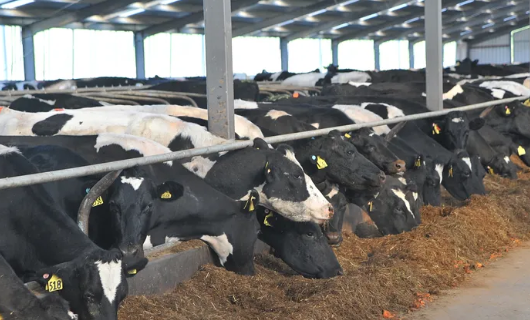The progressive Canadian government has allocated millions of taxpayer dollars to support initiatives aimed at replacing traditional meat with insect-based “foods” for public consumption.
Controlled by Canada’s World Economic Forum, the government has invested $10 million in establishing the world’s largest cricket-processing plant in London, Ontario, according to documents obtained by The Counter Signal.
Earlier reports from 2022 indicated that Agriculture Canada provided $8.5 million to insect protein producers Aspire Food Group Ltd. However, newly uncovered documents reveal that, in June 2020, Prime Minister Justin Trudeau’s cabinet secretly committed an additional $10 million from Innovation, Science, and Economic Development Canada (ISED).
The funding was intended to expedite the design, construction, and operation of the cricket plant. The Ministry of Innovation justified the investment by claiming that crickets offer superior nutrition compared to plant-based foods, as well as traditional meat products like beef, chicken, and pork.
“… Farming of insects, rather than animals, for protein uses less feed, water, and land and produces higher quality protein compared to plants,” the document states.
The ministry also highlighted the scalability of the facility, emphasizing its capability to “automate large-scale production of cricket protein.”
Prime Minister Trudeau directed funds to the insect protein company through Sustainable Development Technology Canada (SDTC), his green initiative fund. SDTC has recently faced a mismanagement scandal, leading to the resignation of CEO Leah Lawrence on November 10. Board president Annette Verschuren also stepped down after approving $217,000 in funding from SDTC to her own company.
The revelation of the $10 million insect protein investment coincides with concerns from Canadian farmers about the Liberal government’s fertilizer emissions reduction targets, which they fear may negatively impact traditional agriculture crop production. The Trudeau administration aims to achieve a 30% reduction in emissions from fertilizer use by 2030 compared to 2020 levels as part of its broader greenhouse gas reduction plan.
Critics, including Fertilizer Canada and the Canola Council of Canada, argue that the ambitious emission reduction targets may lead to decreased crop yields. In December 2021, the European Union approved the consumption of insects for the first time, promoting novel foods like yellow mealworms.
“The EU approval of the yellow mealworm as a novel food was a huge step forward for the industry,” said Eric Archambeau, co-founder of agri-food tech investor firm Astanor Venture.
While the concept of the Great Reset originates from Klaus Schwab, the founder of the World Economic Forum (WEF), it’s essential to acknowledge that various unelected globalist entities, including the United Nations, are actively supporting this initiative.
The UN is advocating for a drastic reduction in red meat consumption to a mere 14 grams (equivalent to one bite) per day per person, aligning with their Environmental, Social, and Governance (ESG) goals and international dietary framework.
Additionally, Aspire Food Group disclosed last year that it has entered into a memorandum of understanding with Lotte Confectionery Co. Ltd. in South Korea.
The deal seeks “to formalize their cooperation in the distribution and promotion of crickets as food.”




